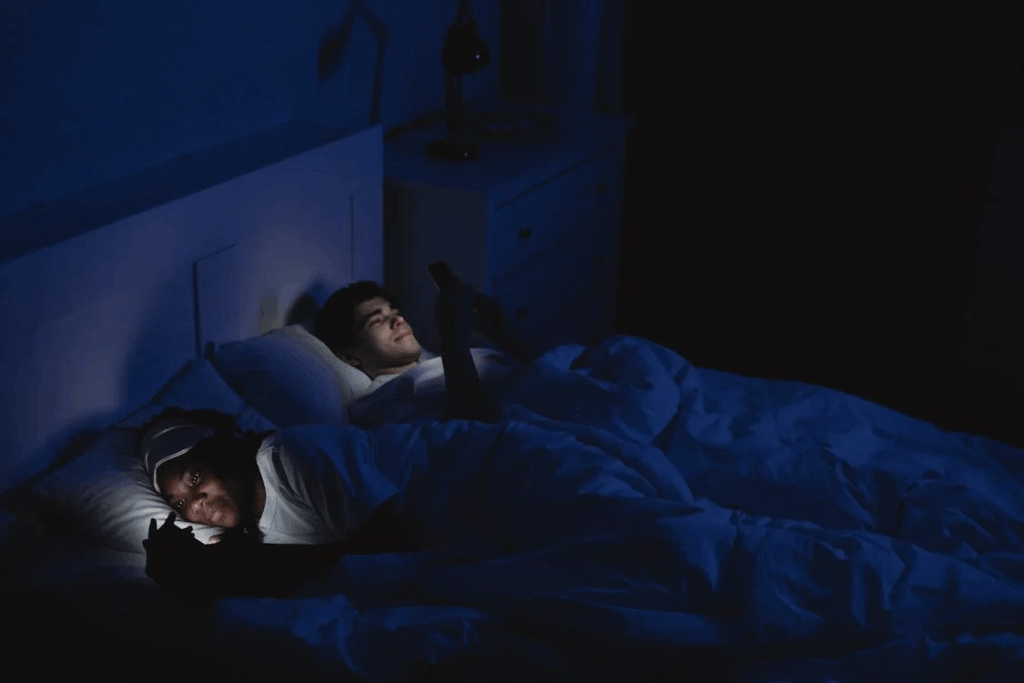As the cost of living surges across Canada, many Indian migrants, particularly from Punjab and Haryana, are feeling the pinch. With housing, food, and essential expenses on the rise, newcomers are turning to unconventional strategies to make ends meet. One such approach, “hot bedding,” has sparked widespread debate online.
Monique Jeremiah, a 37-year-old Canadian woman, recently shared her experience with this unusual income-generating strategy. Her story has become a focal point for discussions on financial resilience and the lengths to which individuals will go to survive economic pressures.
Facing Financial Hardship: A Creative Solution Emerges

Monique’s journey into hot bedding began during the COVID-19 lockdown, a period that brought both financial and personal upheaval. After a breakup and the sudden loss of her primary income, she found herself unable to meet her rent.
Rather than succumbing to despair, Monique advertised an unusual arrangement online — sharing her bed for a modest fee. This solution, while unconventional, provided her with a steady stream of income and allowed her to remain financially afloat during challenging times.
How Hot Bedding Works: A Lucrative but Unorthodox Practice

Hot bedding, the practice of renting out a shared sleeping space, isn’t a new concept, but it gained renewed attention through Monique’s story. Charging a modest nightly fee, she reportedly earned up to $50,000 per month during peak demand. Despite its name, hot bedding is not inherently intimate.
“There’s a strict understanding between me and anyone who shares the bed,” Monique explained in a recent interview. “Boundaries are essential. Physical contact like cuddling happens only if both parties agree — otherwise, it’s strictly about sharing space.” Her transparency has sparked intrigue, but also skepticism, especially regarding the feasibility and safety of such arrangements.
The Debate: Controversy and Criticism Surround Hot Bedding

The concept of hot bedding has not come without backlash. Critics argue that it raises significant privacy concerns and potential safety risks. “Sharing such an intimate space with a stranger can lead to unexpected challenges,” notes Dr. Amy Zhang, a sociologist specializing in unconventional housing trends.
Dr. Zhang points out that while hot bedding can alleviate financial stress, it’s crucial for participants to thoroughly vet potential bedmates and establish clear rules to avoid misunderstandings or dangerous situations.
Read More: ‘Throning’ Is the New Dating Trend—And It’s Totally Confusing Us
Supporters See a Practical Solution

Despite its detractors, hot bedding has its advocates. Supporters argue that the practice is a creative response to rising housing costs, especially in cities like Toronto and Vancouver, where rent prices have skyrocketed.
“Hot bedding offers a short-term solution for those facing housing insecurity,” says economist Rajiv Sharma. “While unconventional, it reflects the innovative ways people adapt to economic realities.” Sharma also emphasizes that with proper safeguards, such arrangements can be a lifeline for those struggling to make ends meet.
Cultural and Economic Pressures on Migrants

For many Indian migrants, particularly those from Punjab and Haryana, the economic pressures of living abroad can be overwhelming. Stories like Monique’s resonate within immigrant communities, where individuals often juggle multiple jobs, high rents, and familial obligations.
Cultural adaptation plays a role as well. “It’s not just about finding work or housing,” explains cultural anthropologist Neha Arora. “It’s about navigating a new set of societal norms while trying to stay afloat financially. Practices like hot bedding may seem strange, but they reflect deeper issues of affordability and resilience.”
The Fine Line Between Innovation and Controversy

Monique Jeremiah’s story highlights the lengths to which people will go to overcome financial hurdles. While hot bedding remains a divisive practice, it underscores a larger conversation about the cost of living and the creative strategies individuals use to survive.
Ultimately, the success of such arrangements depends on clear communication, mutual respect, and the ability to maintain strict boundaries. As Monique puts it, “It’s not for everyone, but for me, it’s been a way to keep my head above water. Clear boundaries are key.” As Canada’s housing crisis deepens, unconventional solutions like hot bedding are likely to remain part of the broader conversation about economic survival and adaptation.
Read More: Why Gen Z’s ‘Barebacking’ Trend Is Stirring Daily Confusion Online

